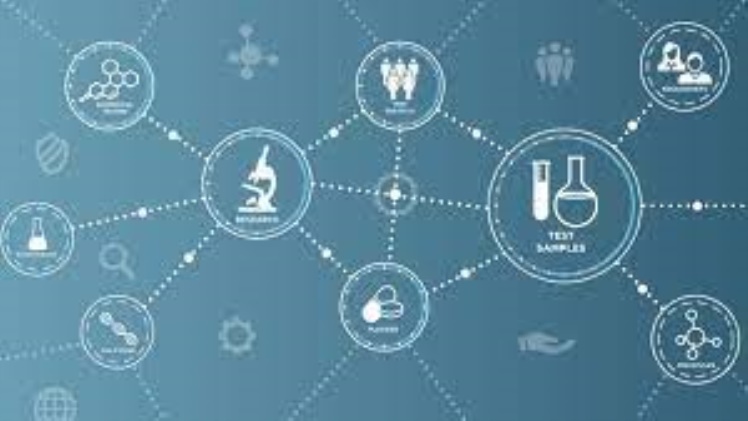Clinical trials are like stepping stones in medicine, guiding us toward better treatments and a healthier future. But what exactly are they, and how do they work? If you are eager to know more about the clinical trials, you are at the right place.
In this post, we will share detailed information about clinical trials, their importance, and the steps the researchers follow to conclude the research and provide us with the medicines or treatments.
What is a Clinical Trial?
The Clinical Trial is the official research study from the scientists. In the medical industry, scientists conduct clinical trials to develop and understand the efficacy of medicines or other treatment options. This is suitable for vaccines, too. If the trials consider the drugs, vaccines, or treatments adequate, they get approval and are ready for public distribution.
Phases of Clinical Trials
#1 – First Phase
This is where the initial testing takes place. A small group of people tries the new treatment, and we watch closely to see if it’s safe and if it causes any side effects. It’s like testing a new recipe with a few trusted friends to see if they like the taste.
#2 – Second Phase
If the treatment passes Phase 1, we move on to Phase 2. Here, a larger group of people tries the therapy to see how well it works and to gather more safety information. It’s like having a more extensive group try that new recipe to ensure everyone enjoys it.
#3 – Third Phase
In this phase, even more people receive the treatment. We carefully compare them with a group that didn’t get the treatment to ensure the new approach is effective and safe for a broader range of people. This is the final phase, and if the treatment or medicines are considered adequate, they are sent for regulatory approval.
What are the Benefits of Clinical Trials?
Participating in a clinical trial may mean you can access new treatments before they’re widely available. Imagine it as finding a special ingredient that makes our favorite dish even more delicious. You provide your body to the scientists so that they can test their research and adjust the treatment. This helps avoid any side effects, identify the proper dosage, and also helps prevent the spread of the diseases.
Final Words
Clinical Trials play an essential part in the medical industry, as they help scientists figure out how a disease spreads, identify the potential medicine, and test it on human subjects. With rigorous testing that focuses solely on the safety of the participants, the scientists come up with working medication, vaccines, or treatment regimes that can benefit millions of people worldwide. In this post, we shared detailed information about the Clinical Trials.
Related Post:
- Artificial Intelligence in Clinical Trials: How to Navigate the Promise and Perils
- Decentralized Clinical Trials: How the FDA is Supporting its Growth
- Patient Engagement Scores: How Do Different Therapeutic Areas Compare?

